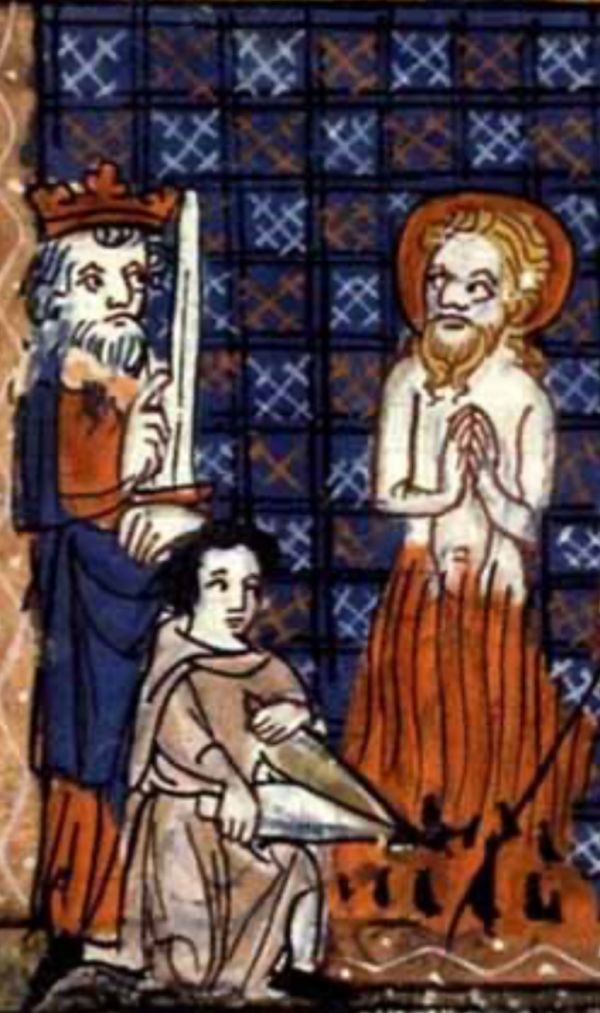«Departed, preach, saying [that] the kingdom of heaven has come near» (v.7)
(Mt 10:7-13)
Jesus recommends to the friends who announce Him not to carry a saddlebag and money to distinguish themselves from customs and contexts (and inoculate the poison of fears).
The eloquent gesture of «Peace» of the faithful in Christ is not that to fill empty glasses, but to make God already Present discover in those to whom they turn, without foreclosures.
An understanding of woman and man in themselves, in the ‘limit’ - divine seed in them - that becomes boost to open up.
For a consideration of the human condition that doesn’t start from the "ideals", but from reality; that doesn’t move from disembodied "values" [and elsewhere] but from the concrete day-to-day.
Compared to other currents that sought a new way of living and living together - Pharisees, Essenes, Baptist - the believer mustn’t be prevented.
Trusting both in hospitality and in the food of others [all ritually pure], the Lord’s friend broadens the expression of the First Covenant.
The destitution accepted comes before the obligations. It let become human. It drops the weights. It doesn't make "guilt" the measure of life.
The Kingdom is «Close». It communicates a sense of adequacy, not of reproach. It starts from conscience, not from error.
The small fraternities of Galilee and Syria to which Mt sends his message are minimal realities - within the reach of ordinary people.
The "conversion" they can propose has no definitive measure.
It gives everyone (even those who announce) permission to make mistakes and fall, no more shame than the state of destitution.
Thus the action of women and men of Faith arouses a renewed gaze, because it bears witness to closeness and freedom - not observance of obsessive, artificial, unnatural fulfilments.
In the small assemblies of the early days and in their gratuitous action God himself was present. Without pyramids or heaps of recriminations.
For a new land, animated by a new Heaven: that of the Beatitudes that recover torn relationships, and reintegrate into coexistence the very imperfect, first excluded in the name of God.
The Kingdom - germ of reality just at the beginning - thanks to the Gift’ spirit would have transformed the world, in the recovery of opposites.
Proposing the alternative of an unexpected face of the Eternal Lover, but also of the successful man, and of society.
So what’s the engine of inclusion? Under the eyes of the first protagonists of evangelization, the solution germinated from spontaneous development.
Even today, boundless amiability is born simply by recognizing the great absolute privilege of being approved by the Creator Father, because we ourselves; unrepeatable.
The passion for another Kingdom before any interest will be only an inner fruit: recognition of predilections «by Name», brought of unique, not external riches.
Fidelity to a Heaven not to be conquered, but that already dwells.
[June 11, 2024, St Barnabas]












